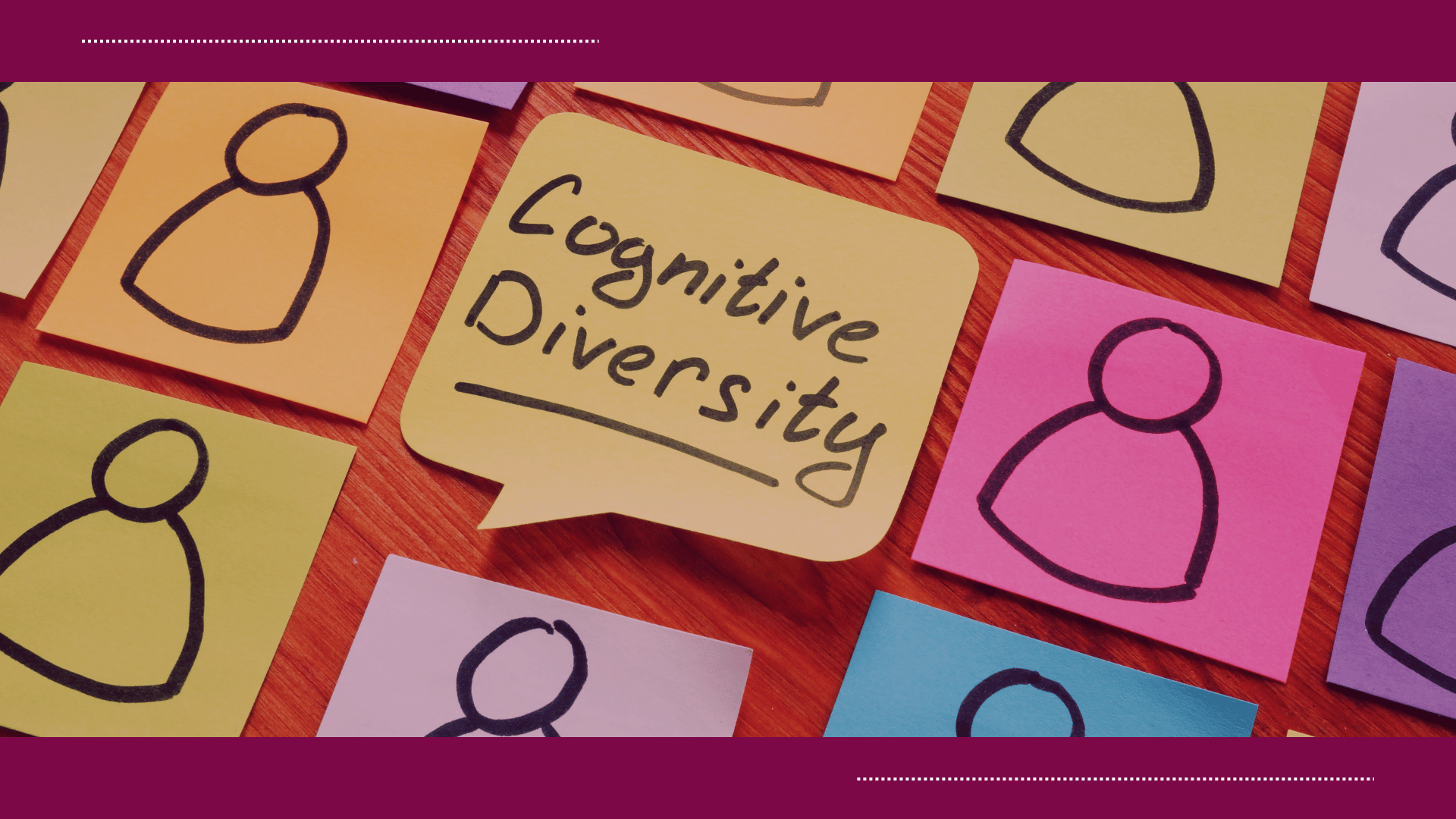Building Emotional Resilience in the Workplace
Emotional resilience in the workplace is vital for managing stress, maintaining well-being and achieving long-term success. But what exactly is emotional resilience?
Emotional resilience refers to a person's ability to adapt and bounce back from challenging or stressful situations, particularly those that might provoke strong emotional responses. It is the capacity to recover from trauma and adversity or grow during significant life changes.
Being emotionally resilient doesn't mean you are immune to stress or negative emotions. Instead, it involves effectively managing and coping with these emotions in a healthy way.
Here are some brief tips to help you build emotional resilience in your professional life.
Develop Self-Awareness:
It all starts with being aware. Understand your emotional triggers and how you typically respond to workplace stressors. Recognise when you're feeling overwhelmed or stressed.
Emotion Regulation:
Develop techniques to manage your emotions effectively. This includes staying calm under pressure, avoiding impulsive reactions and finding healthy ways to express your feelings.
Time Management:
Prioritise tasks and set realistic deadlines to reduce the pressure of tight schedules. Time management helps you to maintain a sense of control over your workload.
Positive Relationships:
Build strong, positive relationships with colleagues and supervisors. A supportive network at work can provide emotional support during challenging times. This doesn’t mean you need to be friends with every colleague, but having one or more people you can comfortably approach during difficulties is encouraged.
Flexibility and Adaptability:
Embrace change as a natural part of the work environment. Be open to new ideas and approaches, as this can enhance your ability to adapt to evolving circumstances.
Problem-Solving Skills:
Develop your problem-solving abilities. Break down complex issues into manageable steps, seek input from colleagues, and consider various solutions.
Set Boundaries:
Establish healthy boundaries to maintain work-life balance. Avoid overextending yourself and learn to say "no" when necessary.
Resilient Thinking at Work:
Cultivate a growth mindset and view setbacks or failures as learning experiences rather than personal failures. Focus on your accomplishments and strengths.
Self-Care at Work:
Take short breaks during the day to recharge. Engage in stress-relief activities like stretching, walking, or brief relaxation exercises.
Building emotional resilience in the workplace is an ongoing process. It's essential to adapt these strategies to your specific job and circumstances. Doing so can enhance your ability to thrive in the face of workplace challenges and foster a more positive and productive work environment.
Get in touch if you’re a
leader looking for ways to promote emotional resilience at work and build
high-performing teams.
Book a 30-minute discovery call with me to learn more.










